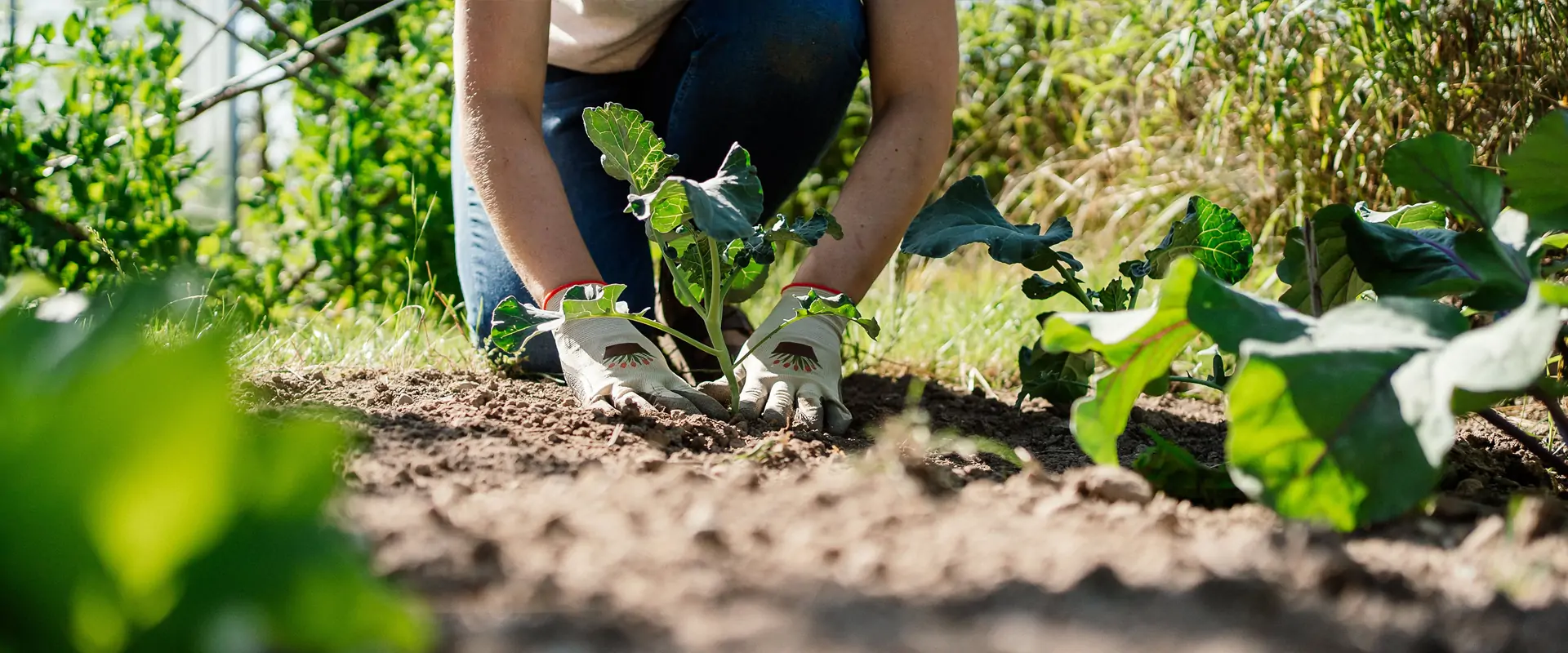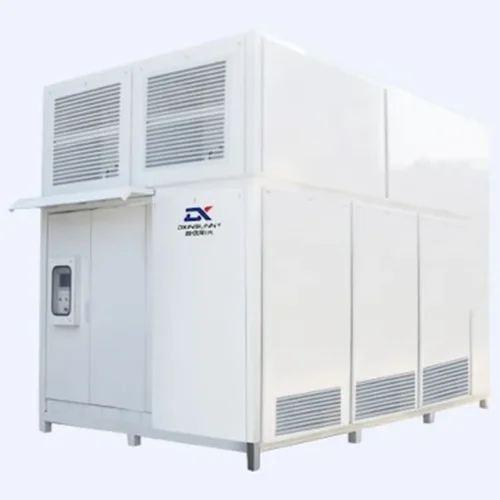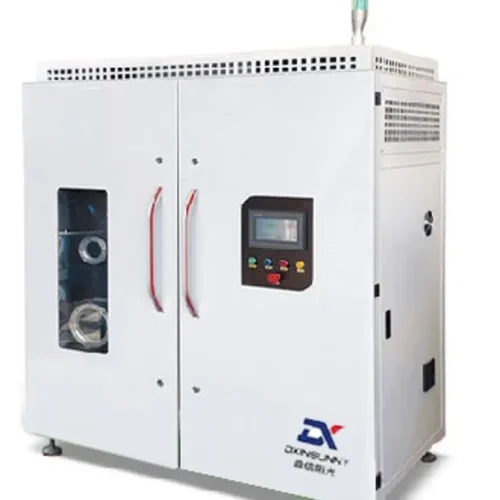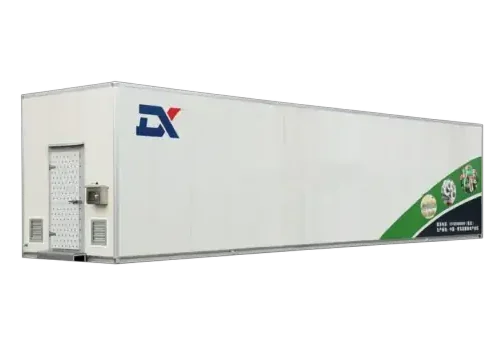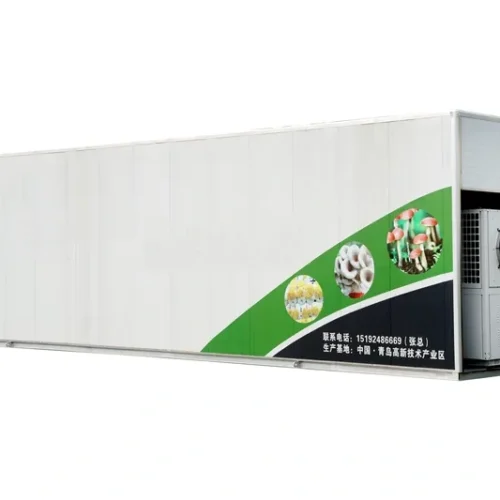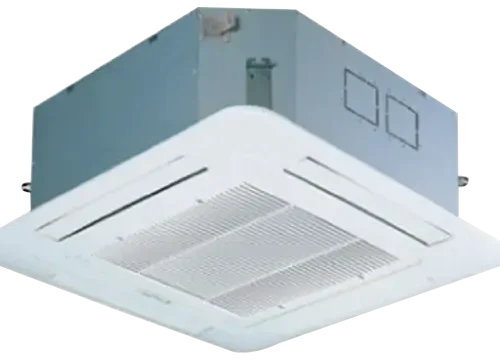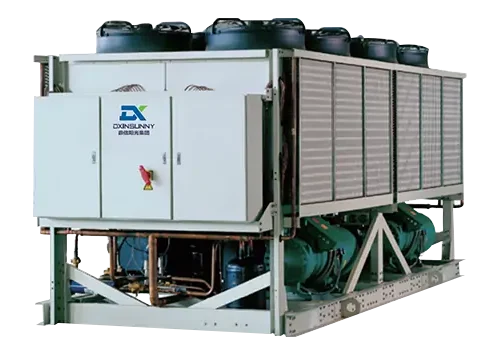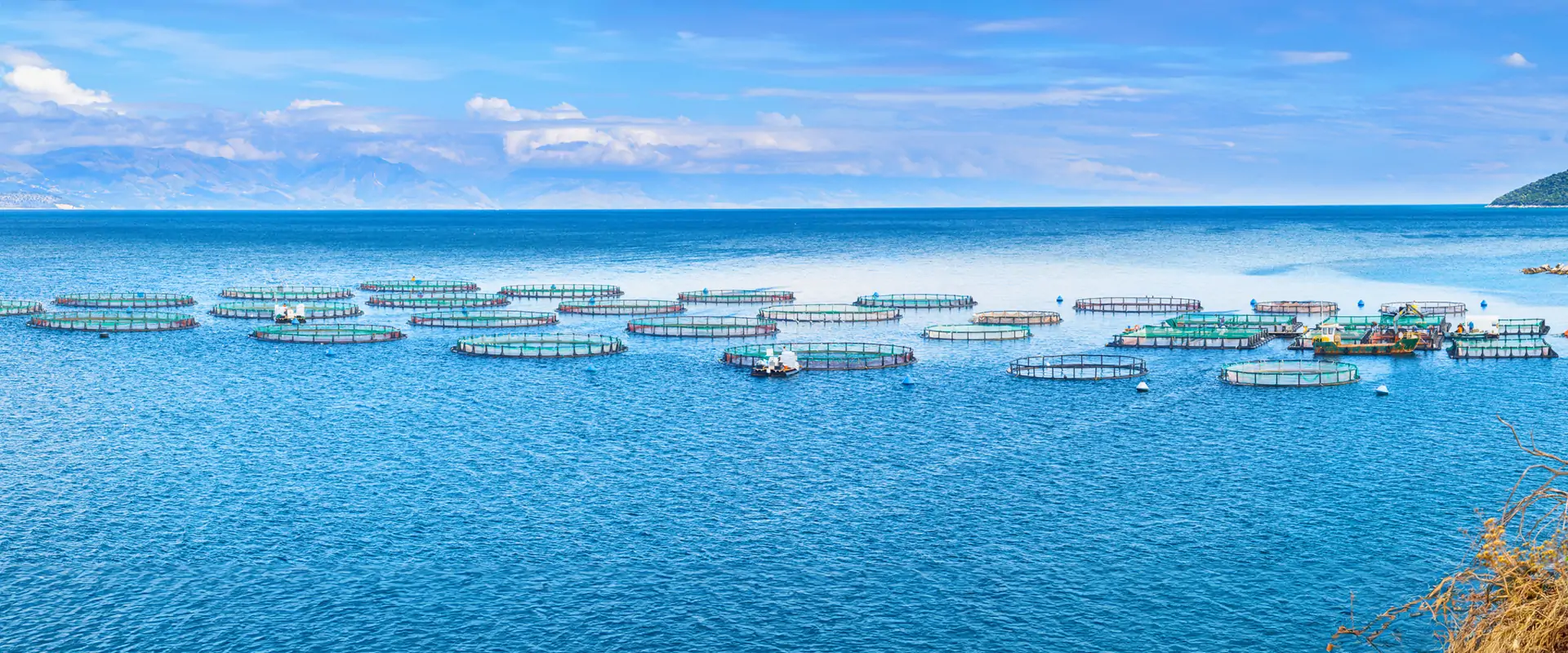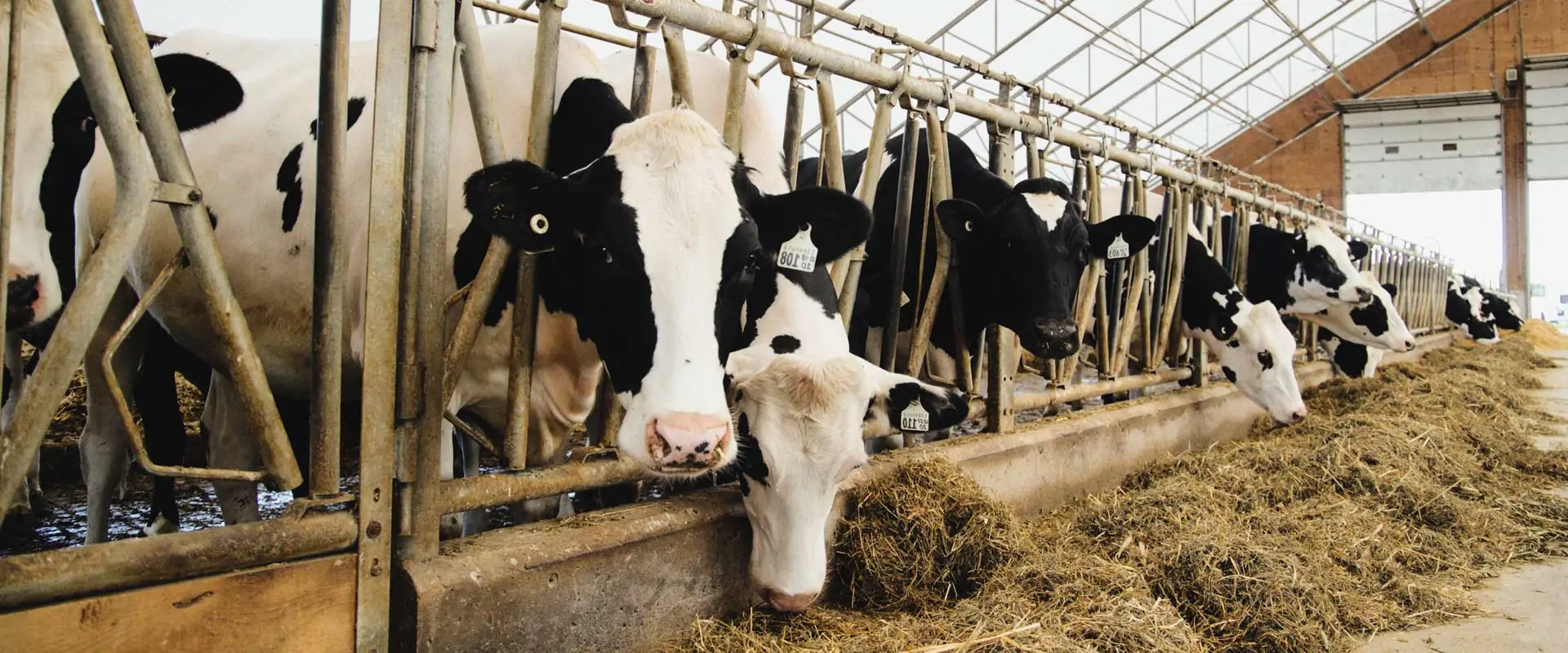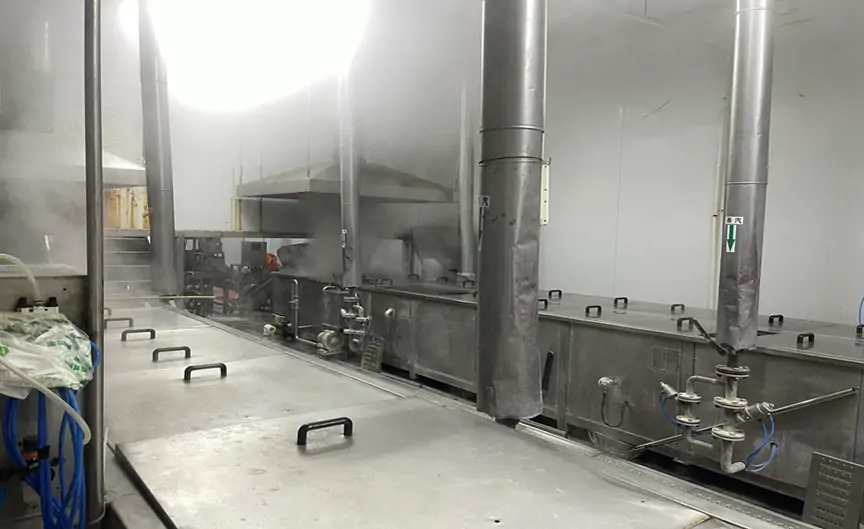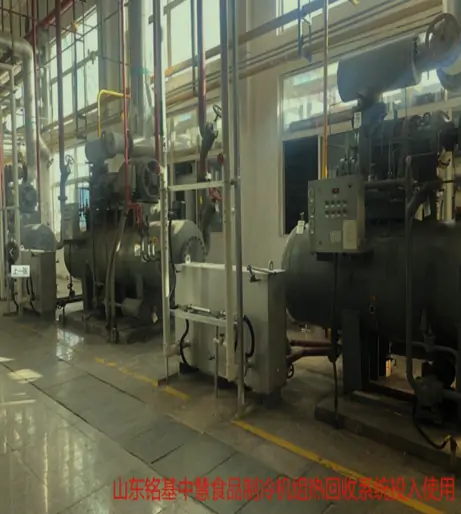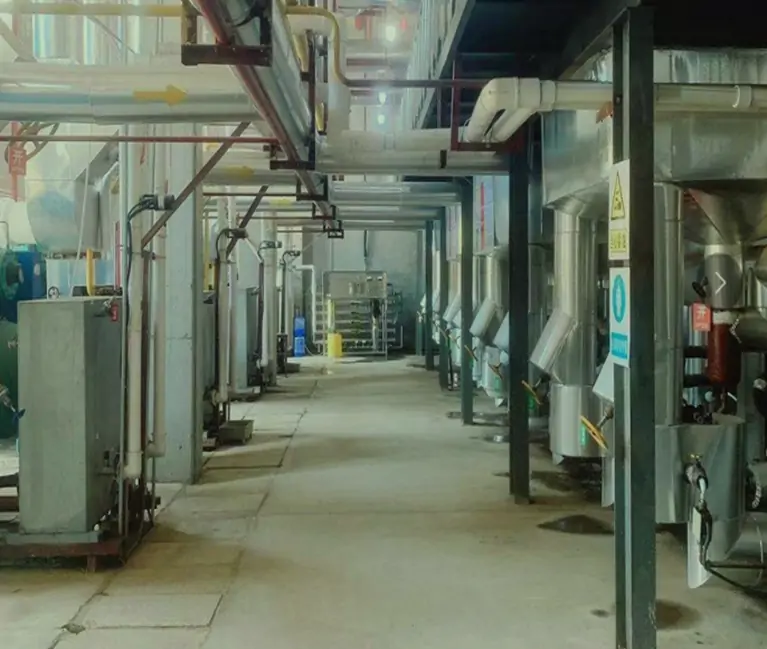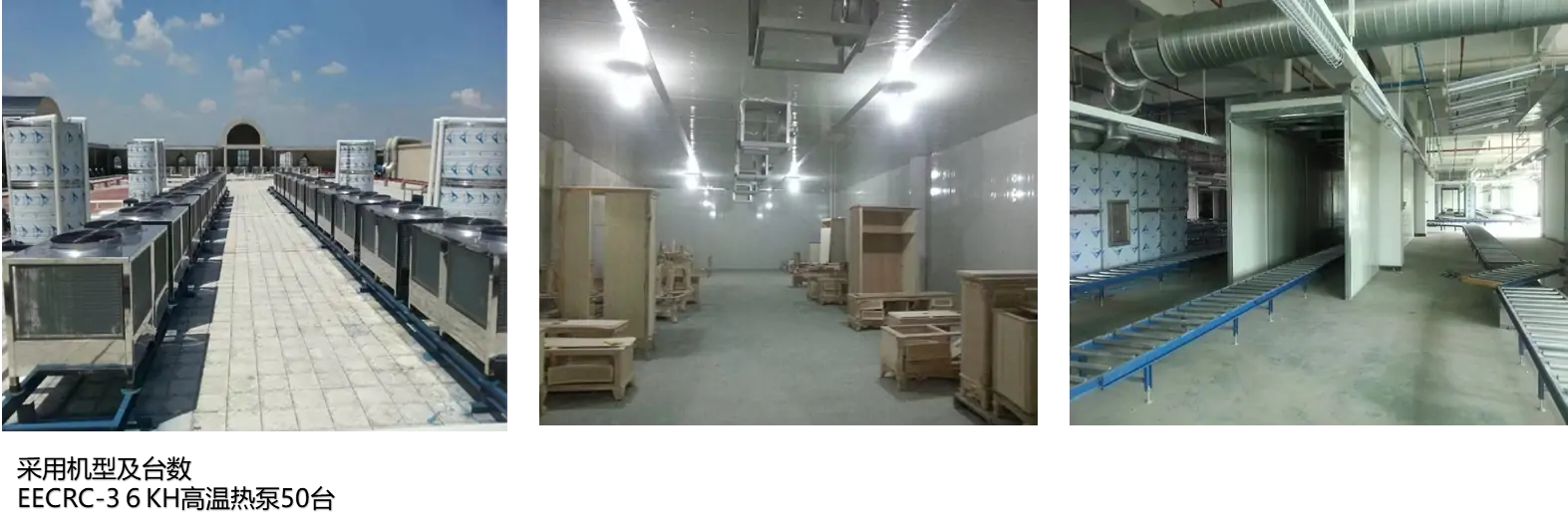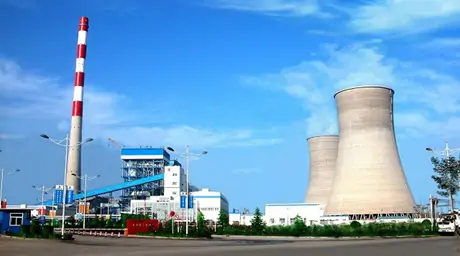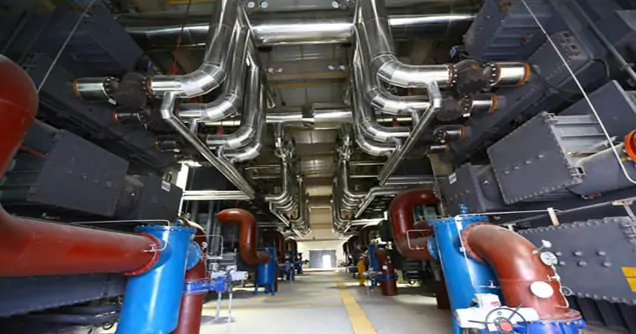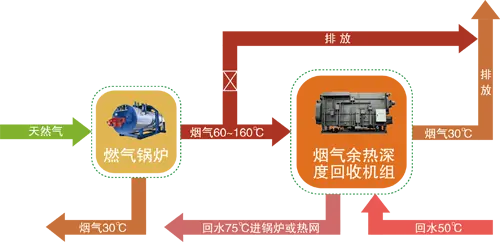To ensure the long – term stability and reliability of agricultural heat pumps, a combination of measures is essential. High – quality installation in a suitable location by professionals is the foundation. Regular maintenance, including scheduled inspections, cleaning of components like heat exchanger coils, lubrication of moving parts, and filter replacement, must be carried out. Monitoring and early warning systems that track performance and send alerts for faults are crucial. Additionally, stocking spare parts and having access to technical support from the manufacturer help to address any issues promptly, safeguarding the heat pump’s continuous and dependable operation in agricultural settings.

